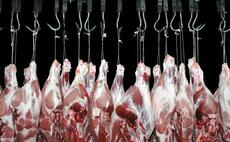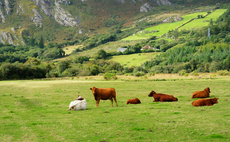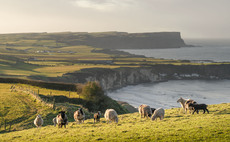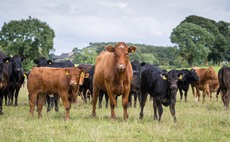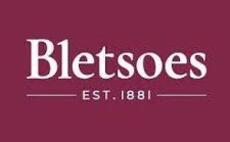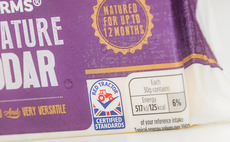Livestock farmers
Politics
No cases of the disease have been reported in the UK so far
Funding
A NFU survey of 545 livestock farmers in the South East found if there were further closures to local abattoirs, 49% of respondents said they would either have to reduce their stocking levels, stop keeping livestock or cease trading
Livestock
Beef Carbon Reduction (BCR) Scheme deadline is December 31 2024
Politics
UFU said it has been told by Northern Ireland's Chief Veterinary Officer that the current bTB strategy review was still in ‘draft form' and had not yet undergone scrutiny by policy developers
Politics
The survey of more than 400 farmers found that of the 65% of Welsh farmers who had already invested in infrastructure or were planning to, 30% said it had come at a cost of over £100,000
Farming in Five
Description: In today's Farming in Five, Chief Reporter Rachael Brown shares findings from NFU Cymru survey which highlights the ‘eyewatering investment’ and staggering costs facing Welsh farming businesses in order to comply with Welsh Government’s water quality regulations. Elsewhere, farming unions across the UK have joined forces for today’s big banner campaign to apply further political pressure on the Government following changes to Inheritance Tax in Chancellor’s Autumn Budget. And Wales' Chief Veterinary Officer, Dr Richard Irvine, is encouraging bird keepers in Wales to take action now to protect their flocks from bird flu and stop the spread of the highly infectious disease, following an increase in number of cases of avian influenza in poultry and kept birds, across Great Britain.
Farm Life
UFU president William Irvine said the union is 'appalled' by the actions of some within the farming community
Livestock
UFU said the delay to the Suckler Cow Scheme will not suit farmers who are spring calving
Livestock
It said the decision was a reflection of the 'reality' of the livestock industry right now with 'reducing stock numbers nationally' and the 'increasing financial pressures on the agricultural industry'
Farm Business
Many farmers want to see a ‘fundamental change' in Red Tractor and will be ‘suspicious' of the assurance body's attempt of ‘papering over the cracks' with enhanced communication efforts

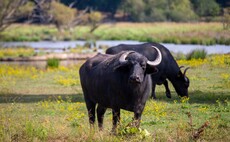
 14 January 2025
•
2 min read
14 January 2025
•
2 min read
